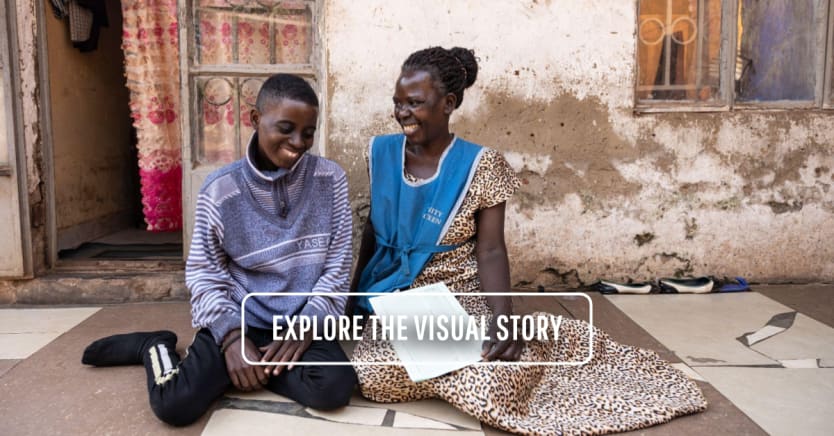Why a gender lens is needed to tackle the roots of health inequity

While the world has committed to achieving “gender equality and empower all women and girls” as part of the Sustainable Development Goals by 2030, women still don’t have equal opportunity, representation, and quality of life — nor equal access to health care.
The gender determinants of health have implications for many diseases. “In many societies, you need permission from another person to actually access health care, whether that is contraception or medication for an infectious disease such as TB or malaria,” said Deborah Waterhouse, the CEO of ViiV Healthcare and president of global health at GSK.
In 2022, girls and women accounted for 63% of new HIV infections in sub-Saharan Africa with 4,000 adolescent girls and young women acquiring HIV every week, according to UNAIDS. “We need to address the intersecting inequalities women face. In areas of high HIV burden, women subjected to intimate partner violence face up to a 50% higher chance of acquiring HIV,” said UNAIDS Executive Director Winnie Byanyima in 2022.
Devex spoke to Waterhouse about how gender inequality limits women’s access to lifesaving treatments — including for HIV, TB, and malaria — and why stigma and gender stereotypes make them more vulnerable in the first place.
Search for articles
Most Read
- 1
- 2
- 3
- 4
- 5
